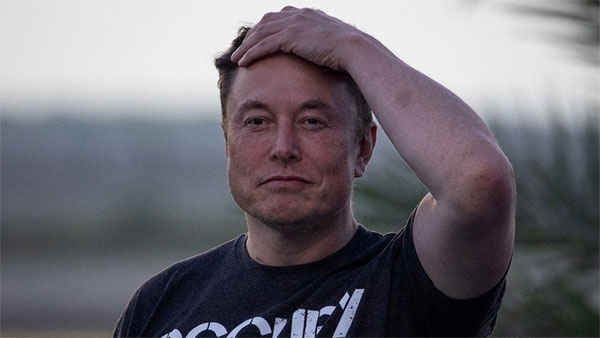Tesla CEO Elon Musk sold roughly $4 billion in Tesla stock, according to SEC filings, more than a week after completing his $44 billion acquisition of Twitter.
Musk has been pressing for methods to pay for the enormous acquisition, for which he has taken on billions of dollars in debt and already sold $15.5 billion in Tesla stock.
On Tuesday, filings filed with the US Securities and Exchange Commission (SEC) revealed that he had sold over 19 million shares valued more than $3.9 billion.
After a protracted back-and-forth between the world’s richest person and the powerful social media firm, Musk took control of Twitter and ousted its senior executives in late October.
After his unsolicited offer was approved in April, the billionaire attempted to back out of the arrangement.
He announced in July that he was terminating the deal because Twitter misled him about the quantity of false “bot” accounts, charges that the firm denied.
After Musk attempted to cancel the transaction, Twitter launched a lawsuit to hold the entrepreneur to the terms of the deal. With a trial on the horizon, he resurrected his takeover scheme.
Following news of the firings, Jack Dorsey, who co-founded Twitter in 2006 and stepped down as CEO last year, posted an apology for developing the platform too rapidly.
Musk has been looking for methods to monetize the social networking site following the takeover, including charging users $8 per month for verified accounts.
The move would assist compensate for a potential loss of advertisers, Twitter’s major source of revenue, after many prominent businesses paused ad purchases due to Musk’s well-known disdain for content regulations.
Musk’s actions and words since taking over Twitter have sparked alarm, including warnings from the UN.
UN Human Rights Commissioner Volker Turk has asked Musk to make human rights a priority for the social network.
Musk has stated that content moderation is still a top goal for Twitter and that he plans to form a council devoted to the subject.
Musk’s move to delist Twitter from the stock exchange allowed him to make substantial changes rapidly, but it also increased the company’s debt, a dangerous option for a money-losing corporation.

